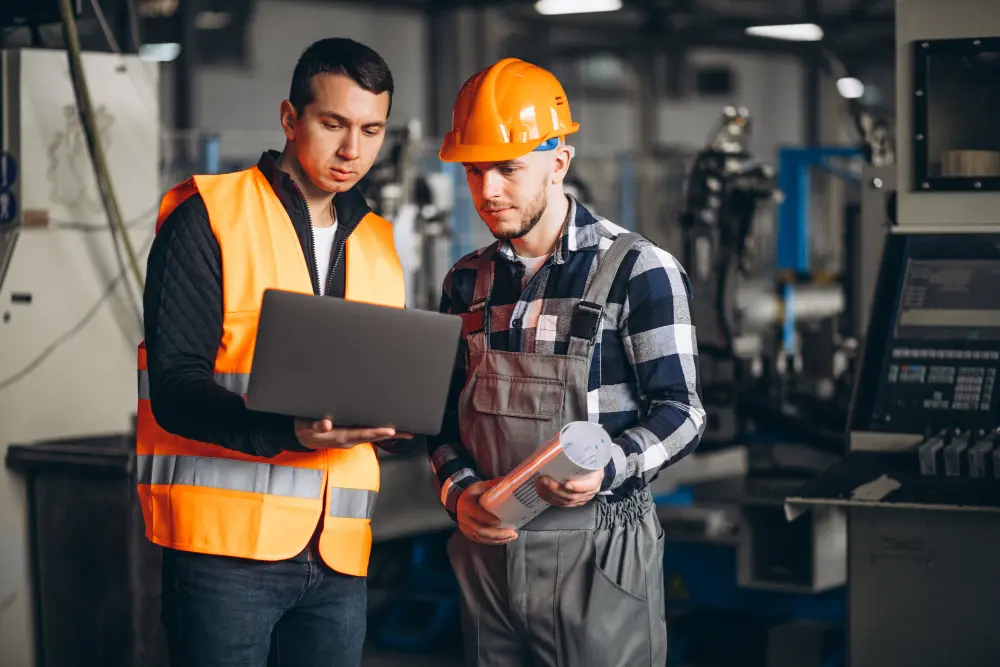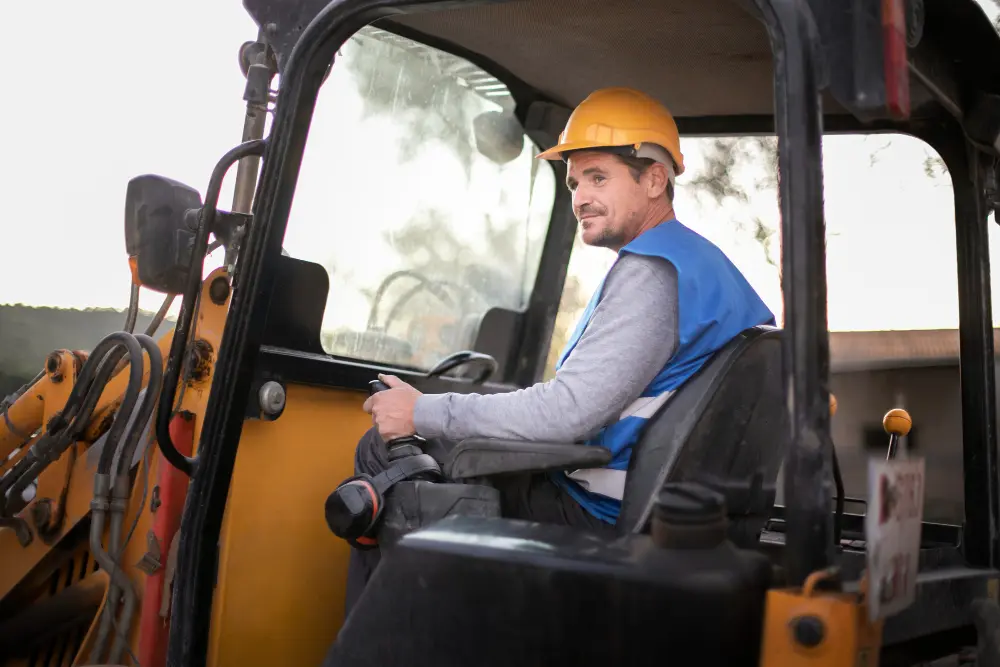
Walk into any well-run factory or warehouse, and you’ll likely see a kind of organized chaos. There’s movement everywhere—machines buzzing, forklifts navigating narrow aisles, workers staying focused. And yet, beneath all that movement, there’s one thing quietly making it all work: a well-trained team.
You can invest in high-end machines or upgrade your entire layout, but if your people don’t know how to run those machines, handle materials correctly, or drive safely through tight corners, things will go wrong. It’s not a matter of if, but when.
That’s why proper training isn’t just a formality—it’s a foundation. Whether it’s Machine Operator Training, Material Handling Training, or Driver Training, the difference between average performance and peak productivity often comes down to how well your people are prepared.
Why Machine Operator Training Should Never Be Rushed
Let’s start with machine operators. Too many companies still throw new hires onto the floor with minimal instruction. Maybe someone gives them a quick tour, points to a few buttons, and hopes they’ll “pick it up.” It might save time today, but it often leads to lost hours, damaged equipment, or worse, safety incidents later on.
Today’s machinery isn’t simple. It’s fast, precise, and often integrated with digital systems. A small mistake can cause a ripple effect—production delays, maintenance issues, and even injury.
That’s where structured Machine Operator Training makes all the difference. Operators who go through proper hands-on sessions understand more than just the basic controls. They learn how to recognize when a machine isn’t functioning properly, how to adjust settings for better output, and how to keep the line running without constant supervision.
And maybe even more importantly, they feel confident. When workers feel capable and in control, they make smarter decisions under pressure. You can’t put a price on that.
The Overlooked Value of Material Handling Training
Now, let’s talk about the folks who are always moving stuff—the material handlers. Their job may look simple at a glance: lift this, move that. But anyone who’s been on a warehouse floor knows how quickly things can spiral when material handling isn’t done right.
One wrong lift, one poorly stacked pallet, and suddenly you’ve got damaged goods, a blocked aisle, or an injured employee. And that’s not just a one-time headache—it’s lost time, lost money, and potential long-term costs.
Investing in Material Handling Training teaches workers how to do more than just move things. They learn how to think ahead, position items efficiently, and choose the right tools for the job. They also learn the safest and fastest ways to handle awkward or heavy loads—without hurting themselves or anyone else.
You’ll notice the difference when everything flows a little smoother and there’s less chaos on the floor. It’s a subtle shift, but a powerful one.

Skilled Drivers Keep Things Rolling
If your operation includes any type of industrial vehicle—forklifts, reach trucks, electric pallet jacks—then Driver Training is a must. These vehicles aren’t toys. They’re powerful, heavy-duty machines, often operating in tight spaces near people on foot.
Unfortunately, we’ve seen far too many businesses treat forklift driving like it’s a basic skill. It’s not. Maneuvering in a busy warehouse takes experience, judgment, and sharp awareness.
With proper Driver Training, workers learn how to manage corners, avoid blind spots, understand load stability, and handle their equipment with care. They also learn how to spot issues before they turn into breakdowns. That kind of proactive thinking? It saves money, time, and lives.
More than anything, trained drivers are confident and focused. You’ll see it in the way they handle tricky turns, how they communicate with others, and how they maintain their vehicles between uses.
Training Isn’t a Cost—It’s a Long-Term Strategy
It’s easy to delay training because there’s always something more urgent. Production deadlines, client demands, staffing issues—it all feels pressing. But here’s the truth: the time and money you “save” by skipping training is often lost in the form of downtime, errors, or avoidable injuries.
Once your team is properly trained, everything runs more smoothly. There are fewer questions, fewer accidents, and fewer “emergency” maintenance calls. Your equipment lasts longer. Your team feels more engaged. And you gain back hours of productivity every week.
Training also builds loyalty. When employees feel like the company is investing in their success, they’re more likely to stick around. And that’s worth a lot in an industry where high turnover is common.
Why Choose RTITB India?
At RTITB India, we don’t just teach theory—we teach practical, on-the-floor skills. Whether your team needs Machine Operator Training, Material Handling Training, or Driver Training, we tailor our programs to fit your machines, your layout, and your industry.
Our trainers bring real-world experience, not just classroom knowledge. They’ve handled the same machinery, faced the same pressures, and solved the same problems your team deals with every day.
We believe training should be relevant, hands-on, and easy to apply. When your team walks away from our programs, they won’t just remember what they learned—they’ll be ready to use it right away.
Final Thoughts: Train Smart, Work Better
At the end of the day, your machines can’t run themselves. Your materials won’t move on their own. And no software can replace the skill of a trained human.
If you want to boost productivity, cut down on costly mistakes, and create a safer, more confident workplace, training isn’t optional—it’s essential.
Start with your machine operators. Invest in your material handlers. Support your drivers. Give them the tools and the knowledge to do their best work, and they will.
Ready to take that step?
Visit https://rtitbindia.com to explore how our customized training programs can transform your workforce from average to exceptional.

